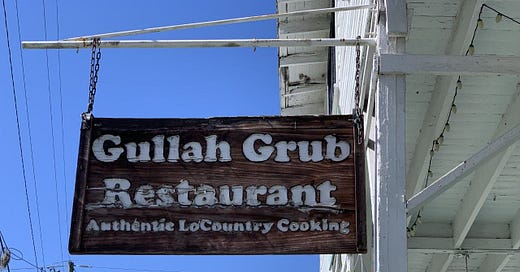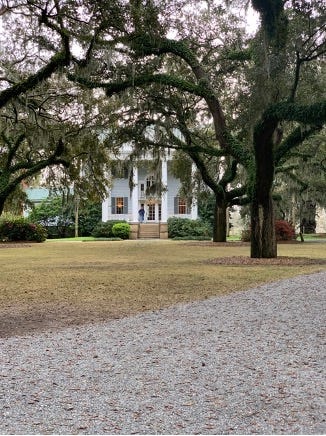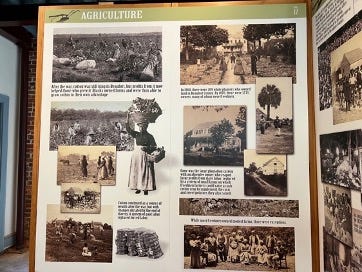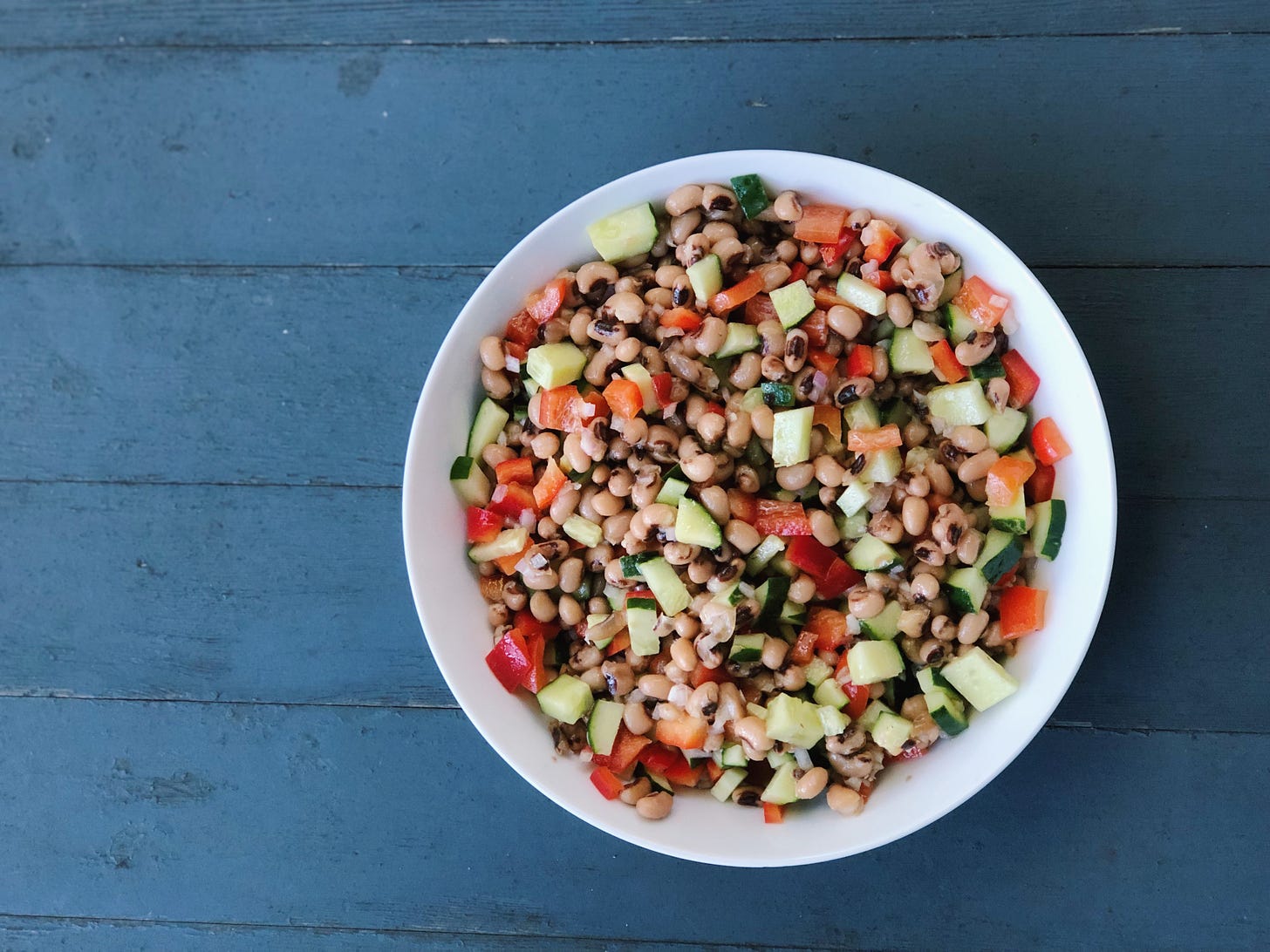5 places to go in February to recognize Black History Month
Take a journey along the Gullah Geechee Cultural Heritage Corridor
As culinary historian Jessica B. Harris said, “African food changed the world in many ways.” To celebrate and recognize Black History Month, take a trip to learn about the culinary history of African Americans—a story that has influenced all Americans.
Enslaved individuals arriving in the South brought their knowledge of cooking and agriculture from the places they were taken from. Rice, peanuts, and black-eyed peas came from Africa and were popularized and cultivated throughout the South because the enslaved peoples were so knowledgeable. Without their knowledge and labor, the crops that supported the southern plantations would not have been planted, grown, or survived.
The Gullah Geechee Cultural Heritage Corridor is a National Heritage Area extending throughout coastal regions from North Carolina to Northern Florida, and it is a perfect place to visit during Black History Month. Here is a unique culture with deep African roots that are still clearly visible in the Gullah Geechee people's distinctive arts, crafts, foodways, music and language. This is a travel experience you cannot miss.
Here are five fascinating places to visit along the Gullah Geechee Cultural Heritage Corridor.
1. Charleston, South Carolina
Charleston is one of the “earliest cities in which the African Presence in North America began.” Visit the City Market and learn about sweetgrass baskets and the art of Jonathan Green, who kindly allowed Oldways to use one of paintings on Oldways African Heritage brochures.
Drive to James Island and visit the McLeod Plantation, the only plantation on the East Coast dedicated to sharing the history from the perspective of the enslaved Gullah Geechee people and later freedmen who lived there. For food, try Hannibal’s Kitchen for Gullah cuisine, Rodney Scott’s for BBQ, or any of Charleston’s many oyster bars.
Or, drive 15 miles outside of Charleston to Middleton Place, a National Historic Landmark "focusing on the contributions of the Middleton family, as well as the enslaved Africans and African Americans who lived and worked there." The restaurant features seasonal Low Country food inspired by the recipes of the former renowned resident chef, Edna Lewis.
2. Edisto Island, South Carolina
Driving south from Charleston, one of many sea islands is Edisto.
This is where Emily Meggett, the matriarch of Edisto Island, wrote the book on Gullah cuisine, Gullah Geechee Home Cooking. It documents Low Country home cooking, linking it to tradition, culture, language, and foodways of the Gullah Geechee West African ancestors.
Visit Hutchinson House, one of the oldest surviving houses built by African Americans during the Reconstruction Era, as well as Edisto Island Historic Preservation, a museum that covers the island’s history.
3. Beaufort, South Carolina
Beautiful Beaufort is more than a town famous for movies (the Great Santini, The Big Chill, the Prince of Tides and parts of Forrest Gump). Beaufort is also a town with heritage and history. Recently, a new historical site was established in Beaufort, documenting the Period of Reconstruction.
After visiting this National Historic Park, take time to experience the town on foot or bicycle. Keep your eyes and ears open for a pop-up event or restaurant where Chef BJ Dennis is cooking. BJ’s passion is making sure Gullah cuisine and culture is preserved, known and appreciated. He’s a fountain of knowledge and a treasure himself.
4. St. Helena Island, South Carolina
Just across the bridge from Beaufort is St. Helena Island and the Penn Center, “one of the nation’s first schools for formerly enslaved people, and one of the most significant African American institutions in existence today.” After visiting, you won’t want to miss a meal at Gullah Grub, Chef Bill Green’s restaurant close to the Penn Center featuring true Gullah cuisine – seasonal, local, and authentic.
5. Savannah and the Pin Point Heritage Museum, Georgia
Savannah is a must, for its historic squares, waterfront, and restaurants, including Chef Mashama Bailey’s restaurant, The Grey. Make a reservation in advance, it’s that beloved. Not too far out of Savannah is the Pin Point Heritage Museum, housed in a former oyster and crab factory that “has been transformed into an educational center for visitors to authentically learn about the Gullah/Geechee culture directly from residents who grew up in the small, close-knit community.”
Wherever your travels take you, it is time for all to learn the true history of the south, and to recognize the essential contributions made by those who came from Africa and other parts of the Diaspora. Black History Month is a great time to start or rejoin this journey.
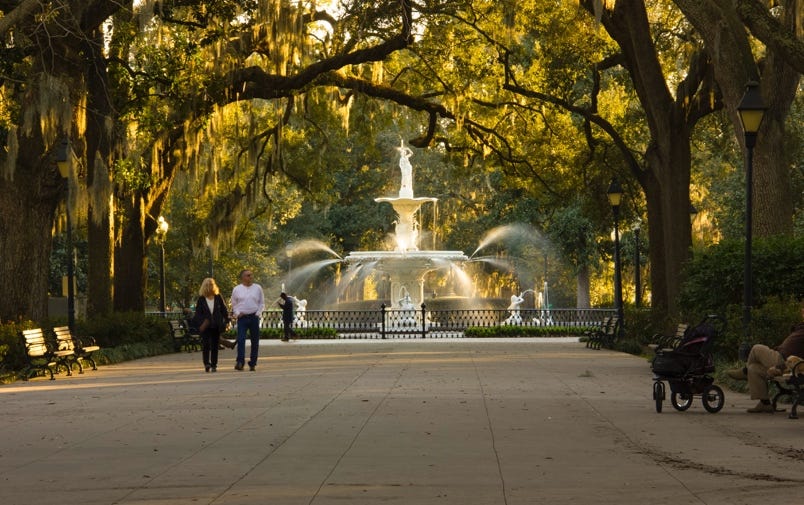
Global Recipe: Cold Black-Eyed Pea Salad
Black-eyed peas have long been symbolic in African American culture and cuisine. This delicious salad requires no cooking, and its crisp, bright flavor will liven up any table.
Join us for a Small-Group Cooking Experience in Turkey
This 8-day Culinaria is special in so many ways. You’ll have hands-on cooking classes with two incredible cooks—Chef Semsa Denizsel, owner of Cooks Grove, a cooking and event space on the Turkish Aegean Coast, and Chef Ana Sortun, beloved, amazing chef and owner of Oleana, Sofra, and Sarma. The hands-on cooking lessons at Cooks Grove will be in small groups of 12 maximum, giving you lots of individual attention. We’re excited about this new format—half the group will cook with Semsa, a well known Turkish chef and dear friend of Ana’s, while the other half explores cheese farms, the market, cultural sights the town with Ana. Then, the two groups switch!

